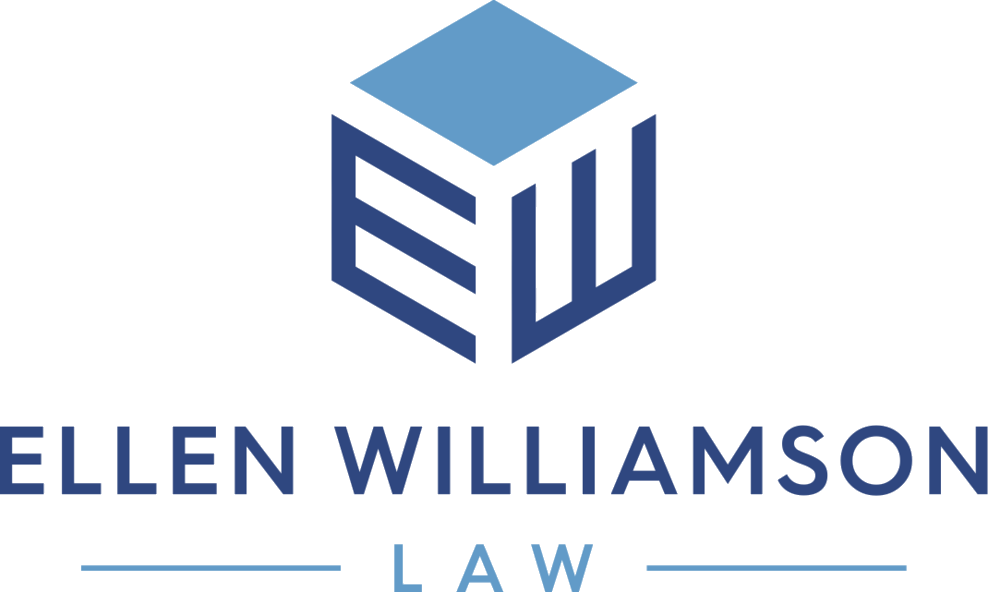The Cost of Not Having an Estate Plan
As you consider whether you can afford an estate plan, it’s worth considering what will happen if you die or become incapacitated without one.
If you die without a plan, here is the effect on your property:
Your wishes regarding property distribution and care of your children are irrelevant.
Your property will be distributed to your heirs at law according to state law. This may result in your property going to someone whom you would have chosen to disinherit or to a person who would be better served by receiving a gift in trust rather than an outright gift (for example, a minor child or an incapacitated person who cannot manage large sums of money or property).
The process of settling your estate may be more expensive and complicated than with a properly drafted plan and more stressful for your loved ones.
You lose the ability to dispose of your property in ways that may minimize tax liabilities.
If you die without a declaration of guardian for your children (either as a stand-alone document or within your will), here is the effect on your children:
In the event that you and the other parent of your children both pass away or become incapacitated, a judge will appoint a guardian for your children according to a state law formula. This may not reflect your wishes for who you would choose to raise your children.
The court may require the court-appointed guardian to post bond.
The guardianship process is cumbersome and expensive, imposing an additional burden on your loved ones.
A guardianship of a minor’s estate ends once the minor reaches adulthood, placing your child’s inheritance into their hands at age 18, sooner than you might prefer. Your estate plan could include trust provisions to provide for management of your child’s inheritance further into adulthood to reduce the risk of waste as well as to preserve the separate property character of the inheritance in the event of the child’s future marriage.
Suppose instead that you don’t die but instead become incapacitated and unable to handle your affairs or make your own care decisions...
If you don’t have a financial power of attorney:
A guardian may need to be appointed to handle your financial affairs for you until you regain capacity. Guardianship of the estate is a cumbersome, expensive process that requires annual accounting by the guardian.
Until a guardian is appointed your loved ones may not be able to access your assets to, for example, pay for your care, break a lease, or sell your home.
A guardian of your estate will be required to post a surety bond, at your expense. The guardian will also need to retain the services of an attorney for the duration of the guardianship, also at your expense.
If you don’t have a medical power of attorney:
A guardian of the person may need to be appointed to make your medical decisions for you, imposing an expensive and complicated legal process onto an already-stressful time for your family.
In the meantime, your loved ones may not have the ability to make decisions on your behalf or receive detailed information about your condition.
As you can see, anticipating and preparing for death and incapacity is much more easily and efficiently done by you, ahead of time, through a well-drafted estate plan, than by your family once the need arises. Keep in mind too that when the need arises, it will likely already be a very difficult and emotional time for your loved ones without the added stress of legal proceedings. A well-drafted estate plan gives you peace of mind today and saves your loved ones time, money, and stress later. By getting your affairs in order, you give your family the gift of clear guidance when they need it most.
